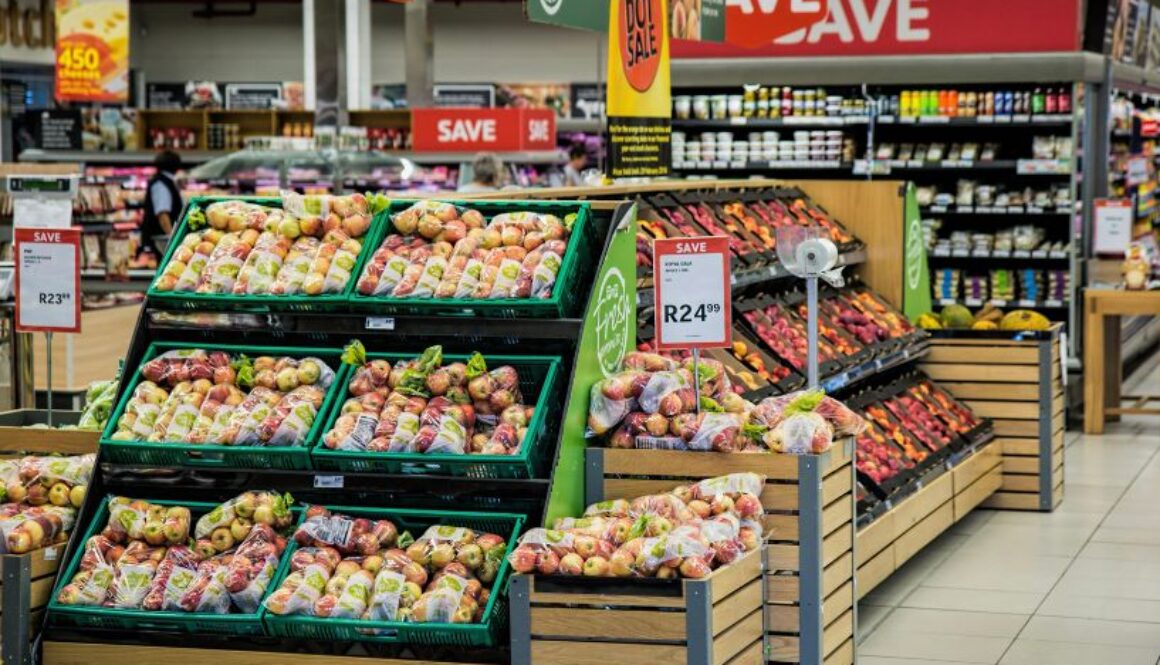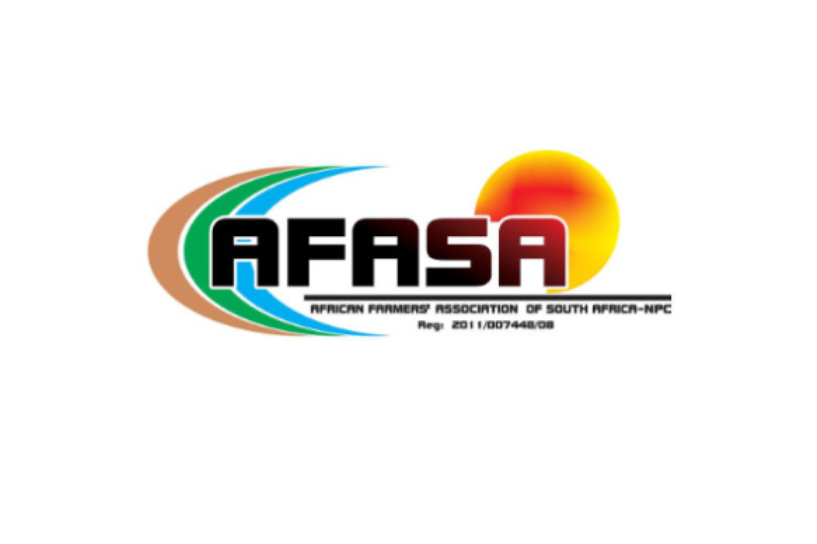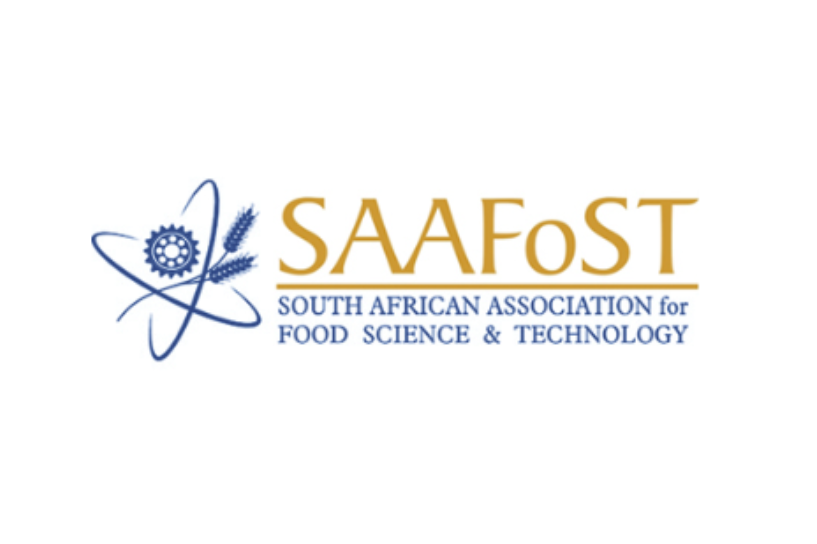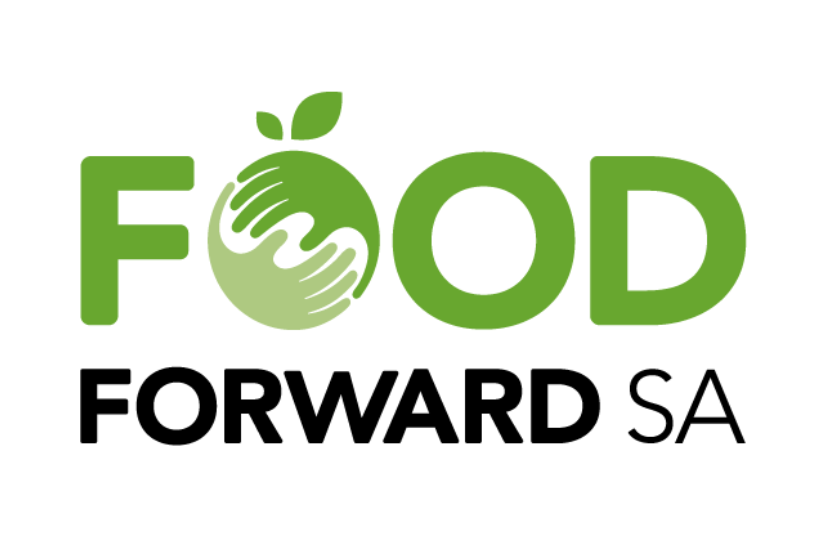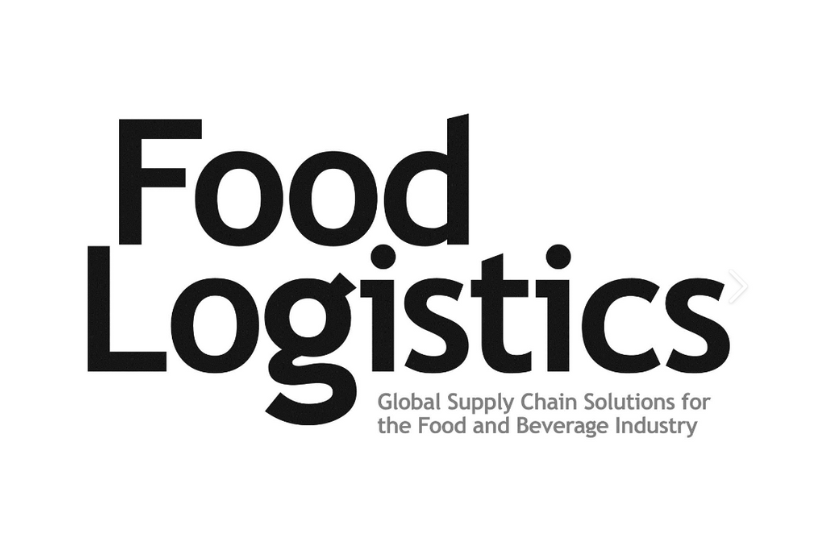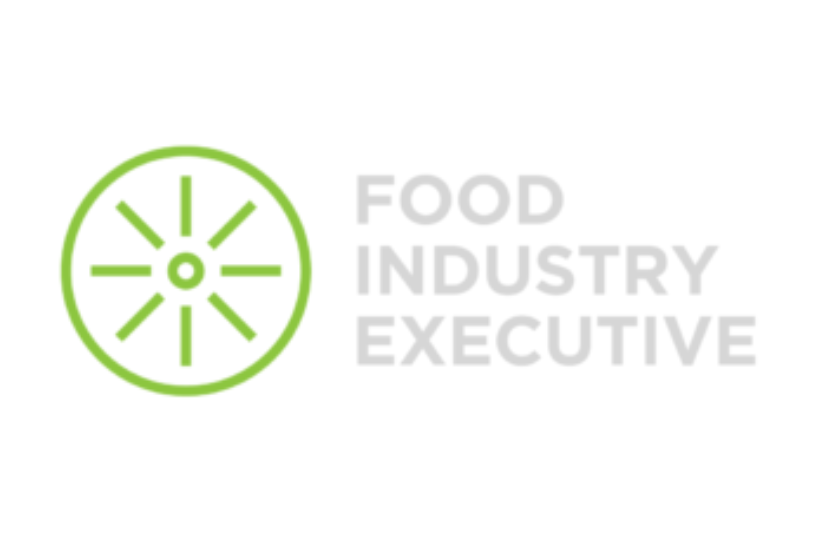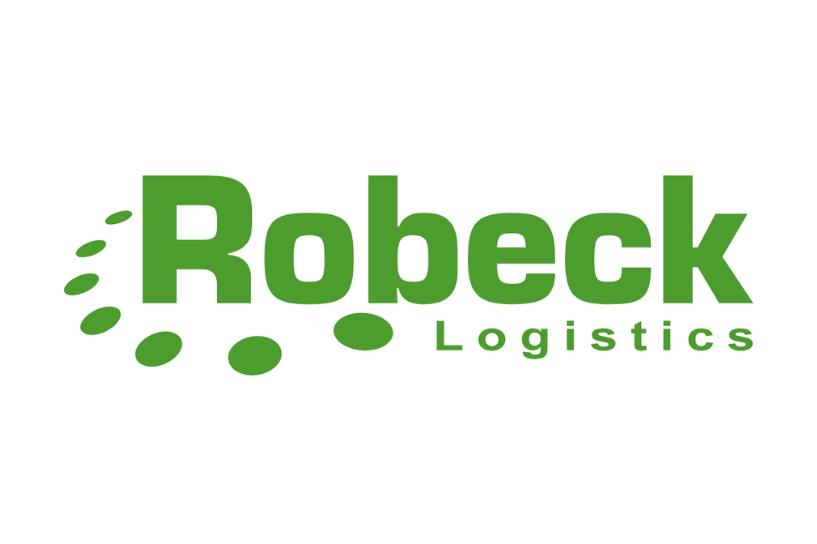Value Chain Analysis of the Food Sector: Understanding the Flow, Identifying Key Players, and Discovering Opportunities for Growth and Collaboration
Value chain analysis is a valuable tool for small businesses in the food sector to gain insights into the intricate processes involved in the production, distribution, and consumption of food products. By understanding value chains, businesses can optimize their operations, identify key stakeholders, and explore avenues for growth and collaboration.
Introduction to Value Chain Analysis
Value chain analysis involves examining the sequence of activities that contribute to the creation of value for customers. In the context of the food sector, value chains encompass a series of interconnected steps, from sourcing raw materials to delivering finished products to consumers.
Understanding Value Chains in the Food Sector
Value chains are essential for small businesses in the food sector to understand as they provide a holistic view of the entire production process. By analyzing value chains, businesses can identify inefficiencies, streamline processes, and enhance overall efficiency.
Importance of Value Chains
Value chains play a crucial role in the food sector by facilitating the movement of goods and services from farm to fork. Understanding value chains helps businesses identify areas for improvement and innovation, leading to increased competitiveness and profitability.
Components of Value Chains
Value chains in the food sector consist of various components, including inbound logistics, operations, outbound logistics, marketing and sales, and service. Each component contributes to the overall value creation process, ensuring that products reach consumers efficiently and effectively.
Analyzing the Flow of Goods and Services
Inbound Logistics
Inbound logistics involve the sourcing and procurement of raw materials and ingredients from suppliers. Small businesses must ensure timely and efficient delivery of materials to maintain production schedules.
Operations
Operations encompass the processing and manufacturing of raw materials into finished products. Small businesses need to optimize production processes to minimize waste and maximize output.
Outbound Logistics
Outbound logistics focus on the distribution and transportation of finished products to wholesalers, retailers, or directly to consumers. Small businesses must establish efficient distribution networks to reach their target markets effectively.
Marketing and Sales
Marketing and sales activities are essential for promoting food products and attracting customers. Small businesses need to develop effective marketing strategies to differentiate their products and increase market share. The SME Support Services team offers comprehensive administrative support and facilitates access to both local and international markets.
Service
Service includes after-sales support, such as customer service and product warranties. Small businesses must provide excellent service to build customer loyalty and reputation.
Identifying Key Players in the Food Value Chain
Farmers and Producers
Farmers and producers are the starting point of the food value chain, responsible for growing and harvesting raw materials.
Suppliers and Manufacturers
Suppliers provide inputs such as seeds, fertilizers, and packaging materials, while manufacturers process raw materials into finished products.
Distributors and Wholesalers
Distributors and wholesalers facilitate the distribution of food products to retailers and foodservice providers.
Retailers and Foodservice Providers
Retailers sell food products directly to consumers, while foodservice providers include restaurants, cafeterias, and catering companies.
Consumers
Consumers are the ultimate end-users of food products, driving demand and influencing purchasing decisions.
Uncovering Opportunities for Growth and Collaboration
Efficiency Improvements
Small businesses can improve efficiency by streamlining operations, reducing waste, and optimizing resource allocation.
Cost Reduction Strategies
Cost reduction strategies include negotiating better deals with suppliers, implementing lean production techniques, and minimizing overhead costs.
Quality Enhancement Initiatives
Quality enhancement initiatives involve improving product quality, consistency, and safety to meet consumer expectations.
Sustainable Practices
Small businesses can adopt sustainable practices such as organic farming, waste reduction, and renewable energy use to minimize environmental impact.
Collaboration Opportunities
Collaboration opportunities include forming partnerships with suppliers, distributors, and other stakeholders to leverage resources and expertise.
Conclusion
Value chain analysis is a valuable tool for small businesses in the food sector to optimize operations, identify key players, and uncover opportunities for growth and collaboration. By understanding value chains, businesses can enhance efficiency, reduce costs, and deliver high-quality products to consumers. Below we are having links to food organizations that involved in the food industry value chain, more links can be found in our directory page.
FAQs
- What is value chain analysis, and why is it important for small businesses in the food sector?
- How can small businesses use value chain analysis to improve efficiency and reduce costs?
- What are some common components of value chains in the food sector?
- How do key players in the food value chain contribute to the overall production process?
- What are some examples of collaboration opportunities for small businesses in the food sector?
